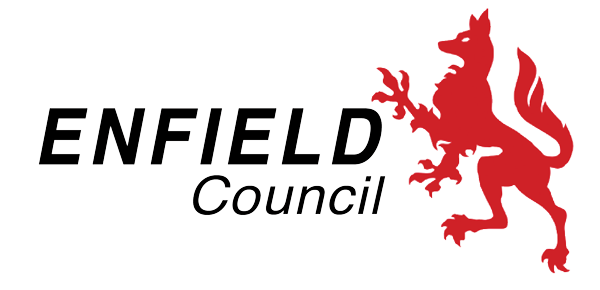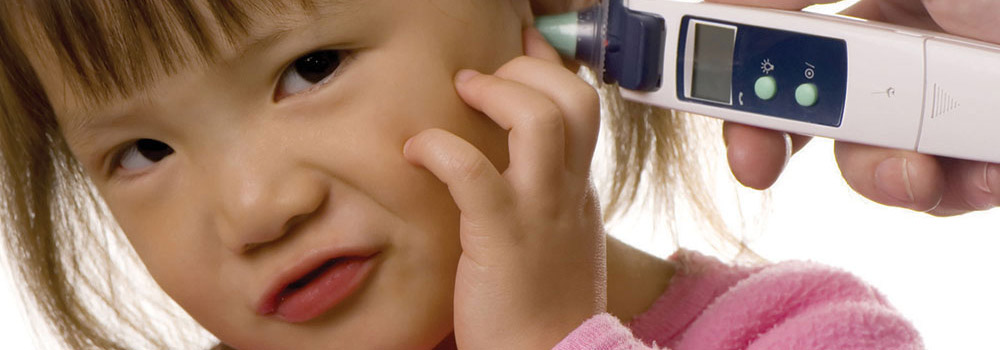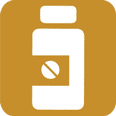Parents are usually good at noticing when something is wrong. However, it is normal to worry that you won't recognise the signs that your baby is unwell. Trust your instincts, you know your baby best.
Learn how to spot the signs of serious illness and how to cope if an accident happens. If you know the basics and you are prepared, you will find it easier to cope.
Keep a small supply of useful medicines in a locked cabinet or somewhere up high where a child cannot reach them. See the 'Pharmacists says' section, for things to have at home just in case. Make sure you’ve got the right strength of medicine for the age of your child, always follow instructions carefully and check use by dates. Read the label carefully. Do not give aspirin to children under 16.
Find out about CPR (resuscitation) before a possible emergency, visit www.redcrossfirstaidtraining.co.uk
If your baby seems to have a serious illness get medical help straight away.







